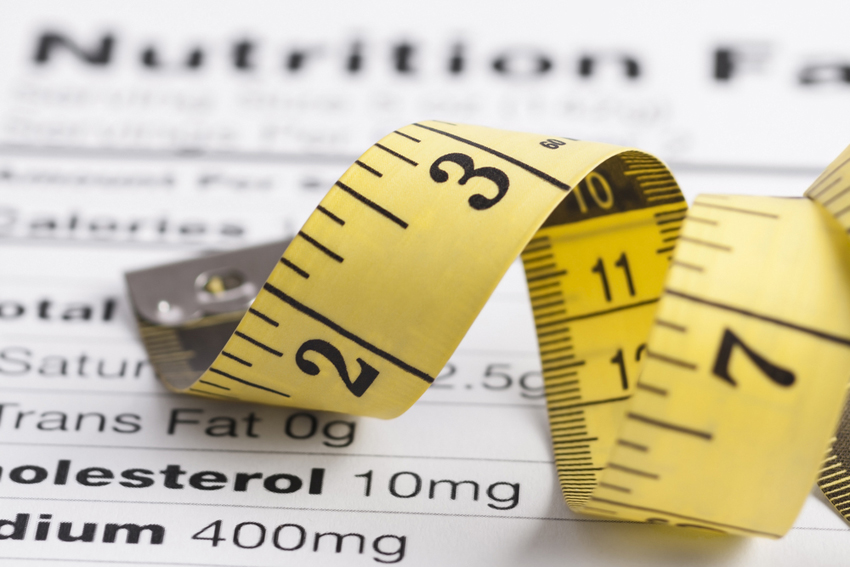Fast Food Diners Underestimate Calorie Counts

Nutrition facts photo via Shutterstock
Last month, we reported on the possibility of putting calorie counts on all Boston menus, a practice already adopted in other cities like New York. For anyone with doubts, a new study from Harvard Pilgrim Health Care Institute suggests that may be a better idea than ever.
The study, which was published in the British Journal of Medicine, found that people, especially teenagers, grossly underestimate the calories in fast food meals, sometimes by as much as a third of the meal’s calorie count. Add into the mix a recent Tufts study that found that many Boston restaurants’ meals greatly exceed daily calorie recommendations, and it’s easy to see why so many people overeat regularly—and, apparently, unknowingly.
The study found that teenagers underestimated their consumption by an average of 259 calories, and adults by an average of 175 calories; amazingly, nearly a quarter of subjects, regardless of age, were wrong by 500 calories or more. Interestingly, patrons of restaurants advertised as “healthy” choices, like Subway, had a more skewed perception than those eating at traditional fast food locations like McDonald’s, likely because of the pervasiveness of the companies’ advertising and marketing efforts. Lead researcher Jason Block, a professor at Harvard Medical School, says in a report from Harvard:
“These findings tell us that many people who eat at fast-food restaurants may not be making informed choices because they don’t know how many calories they’re consuming,” said Block. “Having the information is an important first step for anyone wanting to make changes.” At the time of Block’s study, none of the chains his team analyzed routinely posted calorie information on their menus.
While it’s hard to tell if the chronic underestimation in this study stems from wishful thinking or an actual nutrition knowledge gap, this study seems like a perfect argument for menu calorie counts. Perhaps they wouldn’t discourage diners from visiting fast food restaurants outright, but they would at least force people to know the implications of their choices—and maybe think twice before they get fries with that.


